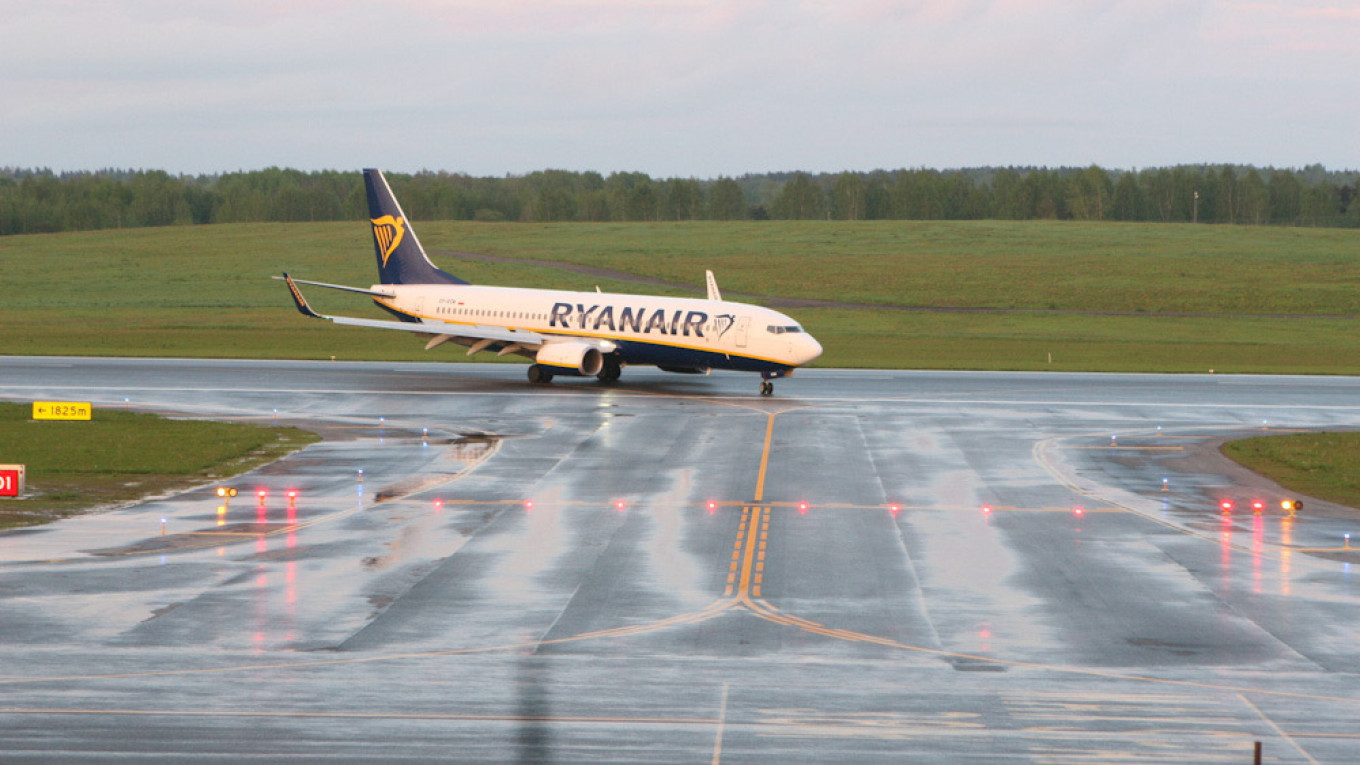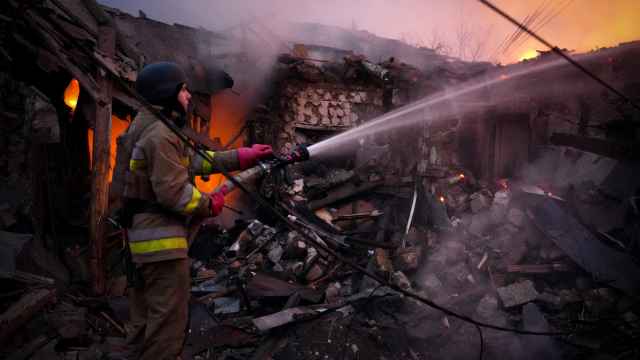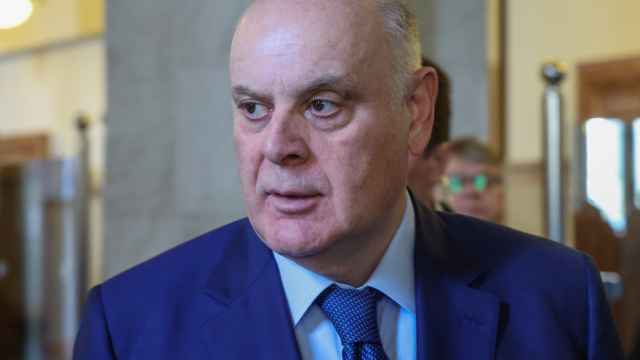The Kremlin said Tuesday it regrets Europe's plans to cut air links with ex-Soviet Belarus and avoid its airspace after the diversion of a Ryanair flight carrying an opposition activist.
The aircraft traveling from Athens to Vilnius landed in the Belarus capital Minsk after a supposed bomb threat.
The incident caused a global outcry, with EU-based carriers cutting air links with Belarus and European leaders warning of fresh sanctions.
"We can only express regret. It is very expensive for any company to fly around the territory of a rather large country located in the center of Europe," Kremlin spokesman Dmitry Peskov told reporters.
"In the end these recommendations will cost the passengers of the planes, who will be in the air for an extra half-hour or hour," he said.
Belarus President Alexander Lukashenko and his allies are already under European and U.S. sanctions for the handling of protests that gripped the country after a disputed presidential vote in August 2020.
Opposition journalist Roman Protasevich, who was aboard the diverted Ryanair flight, was arrested at Minsk airport and authorities say he is being held in a pre-trial detention center.
His girlfriend Sofiya Sapega, a Russian national who was with him on the flight, was also detained.
Peskov said he "hopes that in the near future" she will be released.
"Unfortunately, our citizens are being detained in different parts of the world. We always provide legal assistance," he said.
Protasevich, 26, fled to Europe in 2019 from where he co-ran the Nexta Telegram channels, a key Belarus opposition media that helped mobilize protesters.
In Belarus he faces charges of organizing mass unrest, an offense punishable by up to 15 years in jail.
A Message from The Moscow Times:
Dear readers,
We are facing unprecedented challenges. Russia's Prosecutor General's Office has designated The Moscow Times as an "undesirable" organization, criminalizing our work and putting our staff at risk of prosecution. This follows our earlier unjust labeling as a "foreign agent."
These actions are direct attempts to silence independent journalism in Russia. The authorities claim our work "discredits the decisions of the Russian leadership." We see things differently: we strive to provide accurate, unbiased reporting on Russia.
We, the journalists of The Moscow Times, refuse to be silenced. But to continue our work, we need your help.
Your support, no matter how small, makes a world of difference. If you can, please support us monthly starting from just $2. It's quick to set up, and every contribution makes a significant impact.
By supporting The Moscow Times, you're defending open, independent journalism in the face of repression. Thank you for standing with us.
Remind me later.






